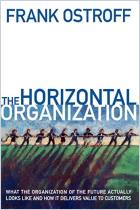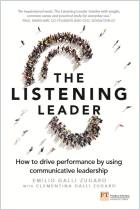Зарегистрируйтесь на getAbstract, чтобы получить доступ к этому краткому изложению.

Зарегистрируйтесь на getAbstract, чтобы получить доступ к этому краткому изложению.
Gregory Kesler and Amy Kates
Bridging Organization Design and Performance
Five Ways to Activate a Global Operation Model
Jossey-Bass, 2015
Что внутри?
How the best global enterprises operate.
Recommendation
Operational leaders seeking a better global operating model and HR leaders working to staff global organizations will gain the most from the advice of consultants Gregory Kesler and Amy Kates. The authors know their subject, but this challenging book on a challenging subject leaves the best part for last. After many good examples and case vignettes, the most useful section for guiding global governance and operational models comes toward the end. To assess your current operating model, turn to the last chapter’s “diagnostic” tools and use them to identify your needs and problems. There, getAbstract finds, you’ll gain a better understanding of how to create a more connected, collaborative operating system.
Summary
About the Authors
Gregory Kesler and Amy Kates operate Kates Kesler, a consultancy that helps organizations worldwide design new global operating systems.





















Comment on this summary